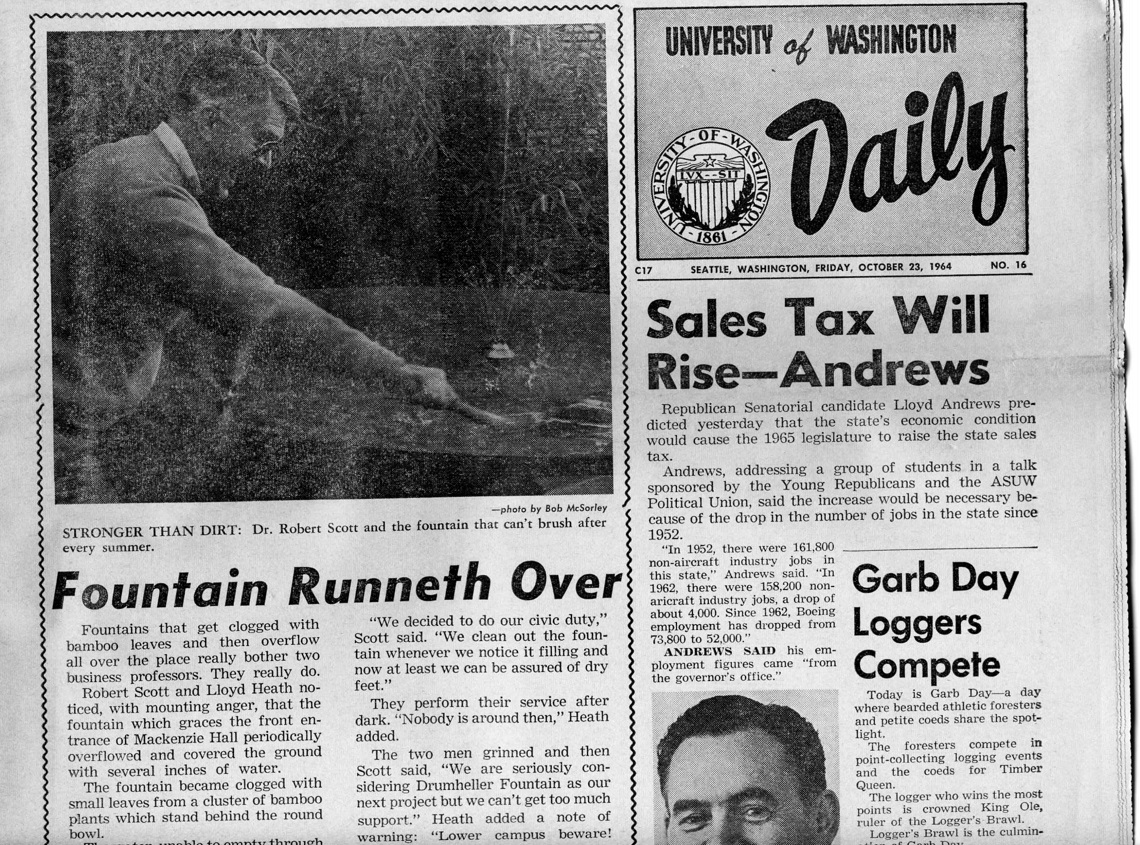Treasure Trove
Itinerant economist Robert Haney Scott gifts his private collection to the Foster Library
Robert Haney Scott’s life has been driven by an irrepressible sense of intellectual wanderlust. It charted his many explorations to the far reaches of financial economics. It also guided him all over the United States and the wide world beyond.
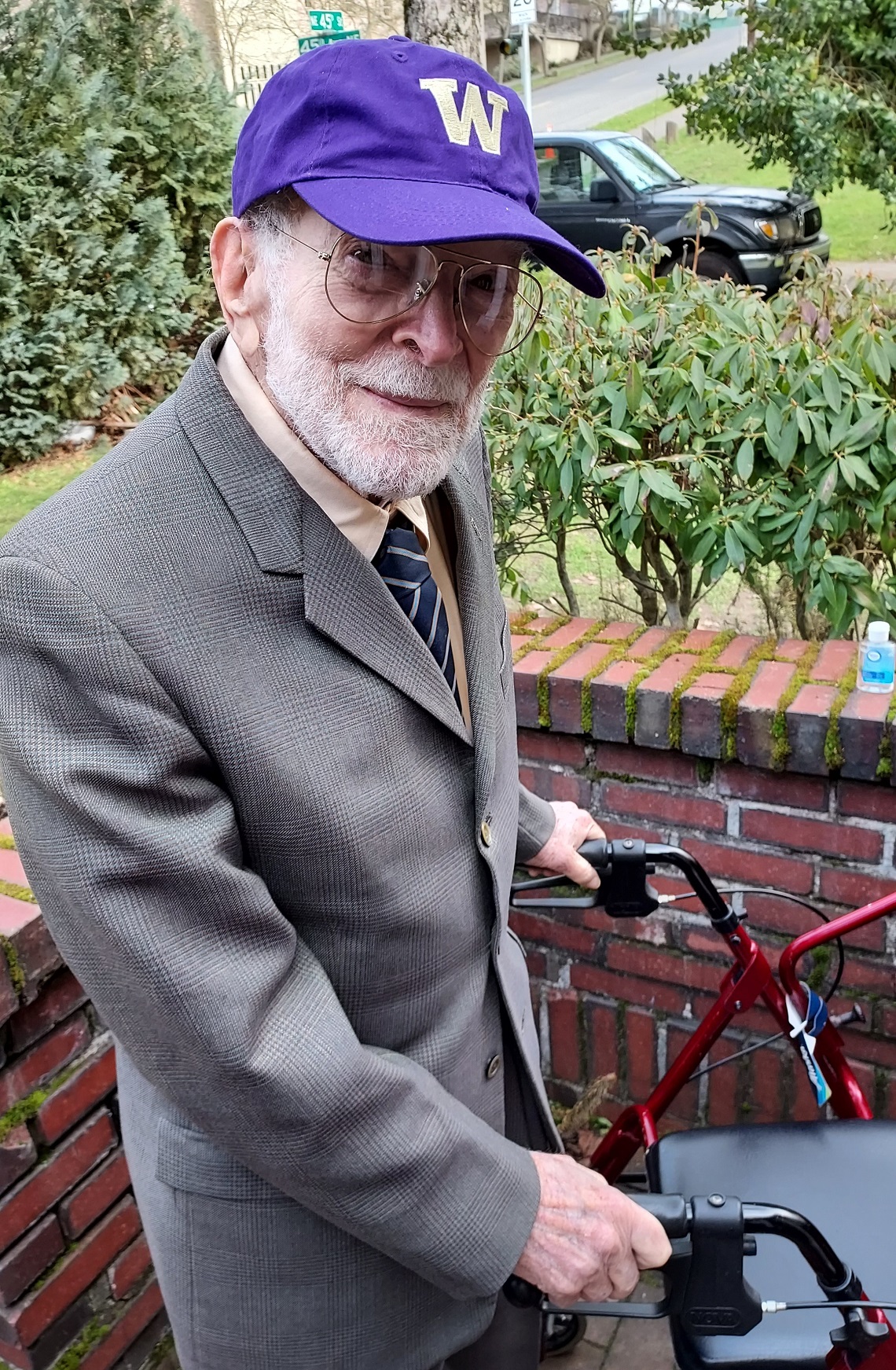
Now, at 94, Haney Scott has come home to Seattle. And his epic scholarly peregrinations have come home to the UW Foster School of Business, where he spent much of a distinguished academic career that stretched across six decades.
Last month, the Foster School received the gift of Scott’s private collection of books, academic papers and other publications, which will now reside in the Foster Business Library.
A tangible record of a most eclectic economist.
Dust Bowl memories
Robert Haney Scott was born in Garden City, Kansas, in 1927, the son of devoted educators. His mother earned her teaching certificate at the age of 12 and taught elementary school for many years. His father rose from high school teacher to principal, superintendent, dean of the local junior college and professor of education at Fort Hays State University. He earned his MA at Columbia University Teachers College and eventually received his PhD after ten summers of grad school at Colorado State University.
“It led me to become, and to remain, a devoted educator,” wrote Haney Scott in 2001.
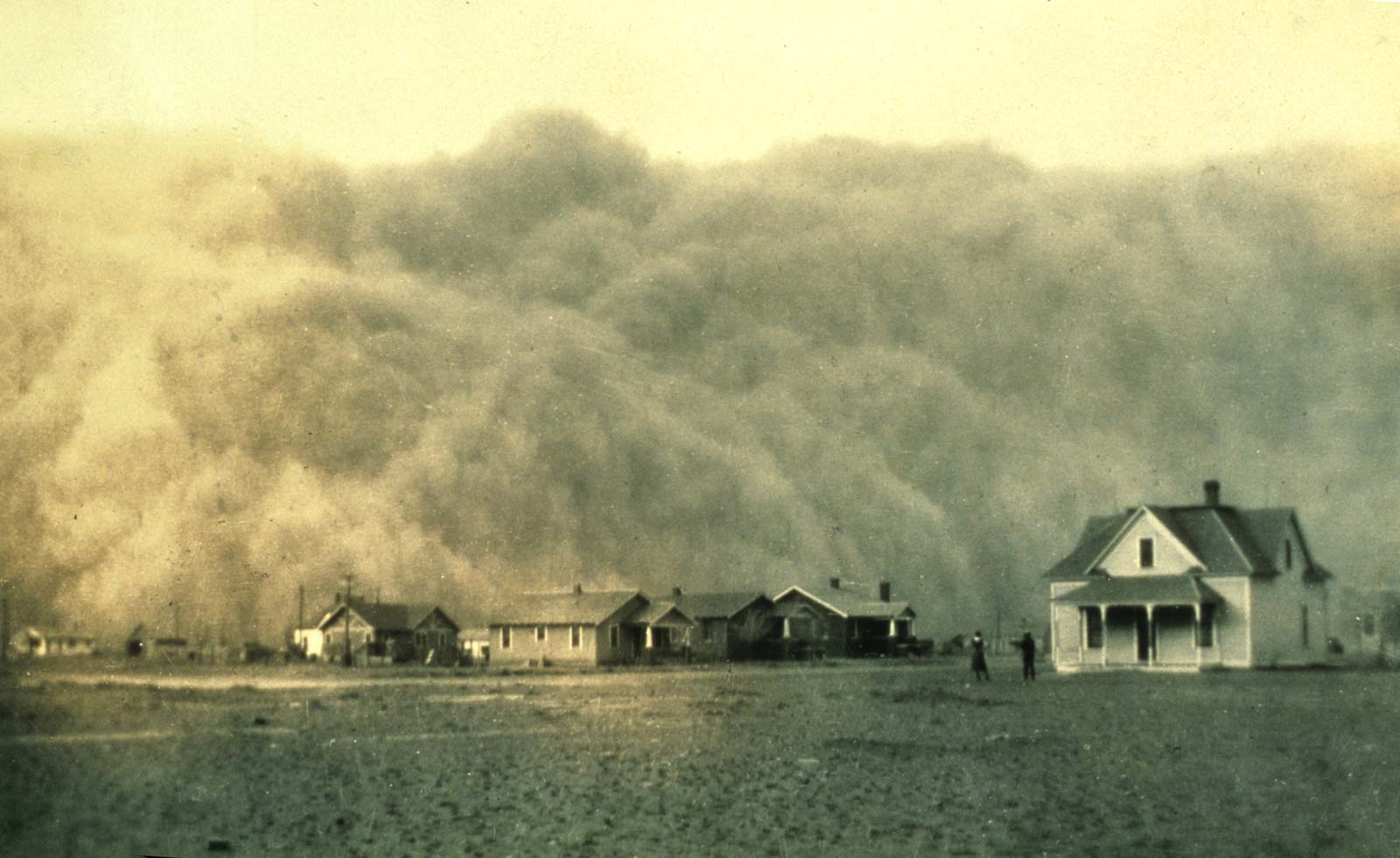
His interest in the discipline of economics, specifically, was rooted in his formative childhood experiences at the epicenter of the Great Depression. He recalls sealing window frames with tape to keep out the day-darkening dust storms that would often blow across the arid plains of Kansas. He remembers his mother cooking meals to feed the steady stream of hungry neighbors and passers-by.
“I took training as an economist because I saw poverty in the midst of plenty in the dust bowl of the mid-west,” Scott wrote. “I came to believe that one science, the science of economics, held the key to solving many of society’s problems. Much has been accomplished since I was a child.”
God’s country
Scott’s graduation from the University of Kansas in 1949 was delayed a year by his service in Korea with the US Army. After summers working as an oil field roughneck and earning his master’s degree in 1950, his academic career began in earnest with itinerant stints at Simpson College, the University of Maryland, Kansas State University and Michigan State University.
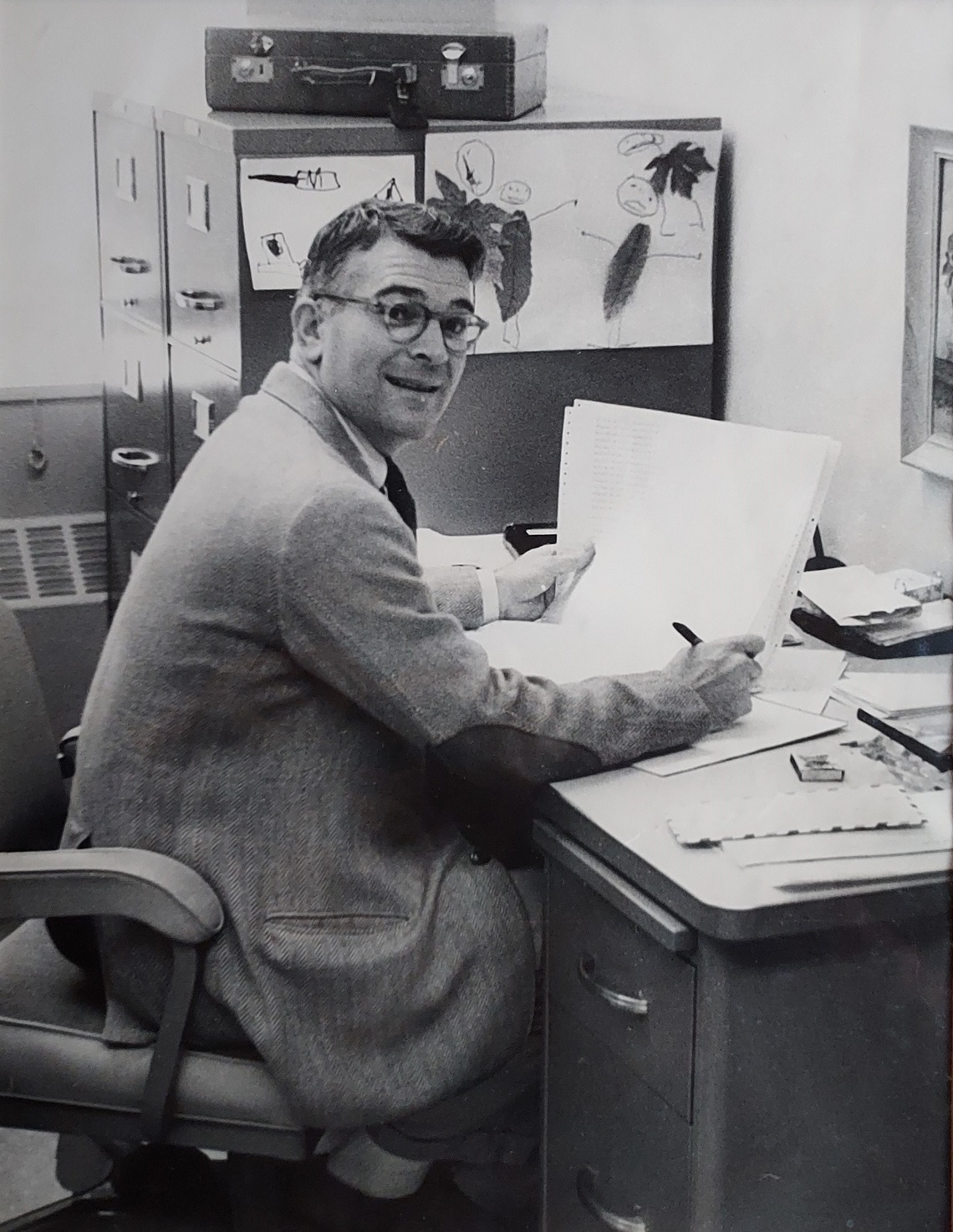
He earned a PhD in economics from Harvard in 1961 and joined the University of Washington the same year. Mackenzie Hall was just opening its doors, Balmer Hall was under construction, and John F. Kennedy delivered the UW commencement speech.
When Scott moved to Seattle, his mother declared it “God’s country,” and predicted that “he would be happy here.”
She was right. When not immersed in his scholarly work, he took up sailing and skiing. His office on the third floor of Mackenzie looked out upon the pastoral perfection of Denny Yard. He hosted legendary debates among colleagues and students over lingering dinners at the family home not far from campus.
Wide world of economics
But Scott also seized every opportunity to see—and study—the world during his 26 years (1961-1987) at Foster and beyond. His academic adventures had commenced while at Maryland, where he taught GIs in post-war England and Germany through the university’s Overseas Programs.
While at Foster, Scott embarked, often with his intrepid partner of 58 years, Joy Brewer Scott, and their four remarkably adaptable children, upon many international travels and two year-long Fulbright Fellowships.
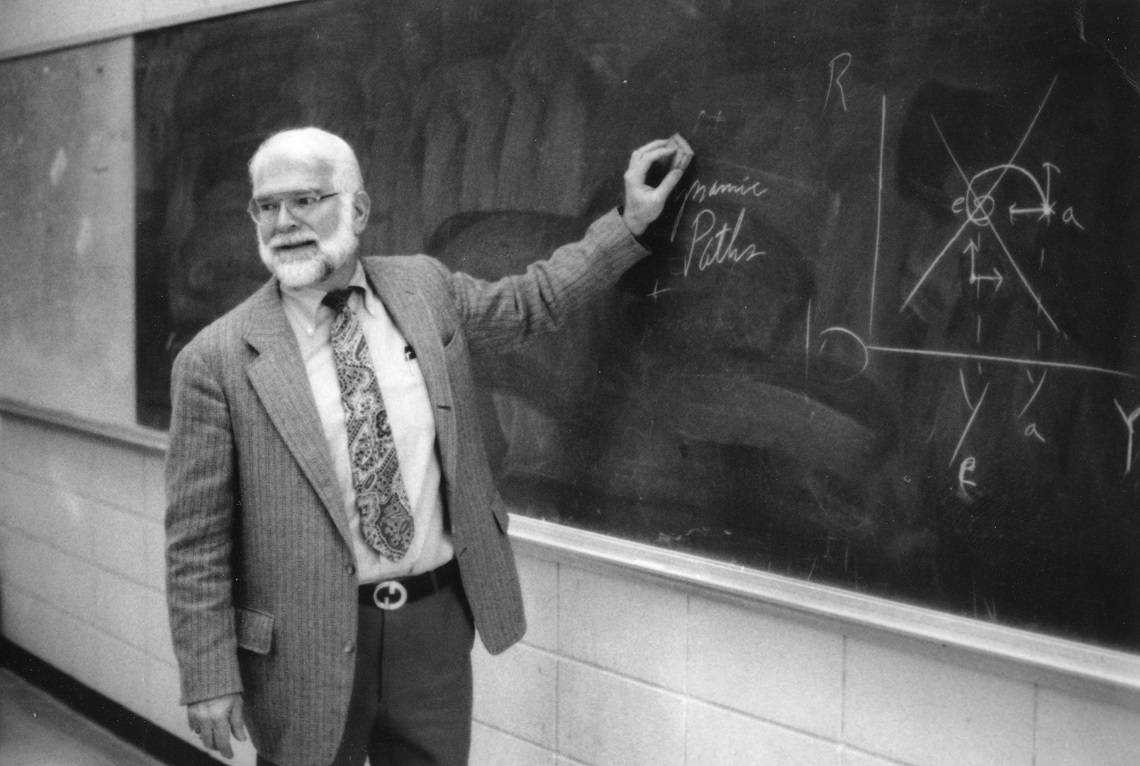
In the first, he taught economics and statistics at University College Galway (Ireland) in the mid-1960s—on the side, coaching the school’s basketball team to a 33-3 record and two titles, which “represents the most successful accomplishment of my career,” he joked in a 1970 interview.
The second Fulbright took him and his family to Athens, Greece, in the mid-1970s. There, he taught at the Athens Graduate School of Business and Economic Science and studied through the Center for Planning and Economic Research.
Over the years, Scott’s work also took him to Russia, Uzbekistan, Moldova, Finland, Canada, France, Turkey, Egypt, Macau, South Korea, Singapore, China and Hong Kong—the latter, hitched to his daughter’s collegiate study abroad, sparked several books on the region’s financial system in the early 1980s.
Scott departed Foster in 1987 to chair the Department of Finance at California State University at Chico. He remained on faculty there until 2007 and as an emeritus professor until his retirement in 2013.
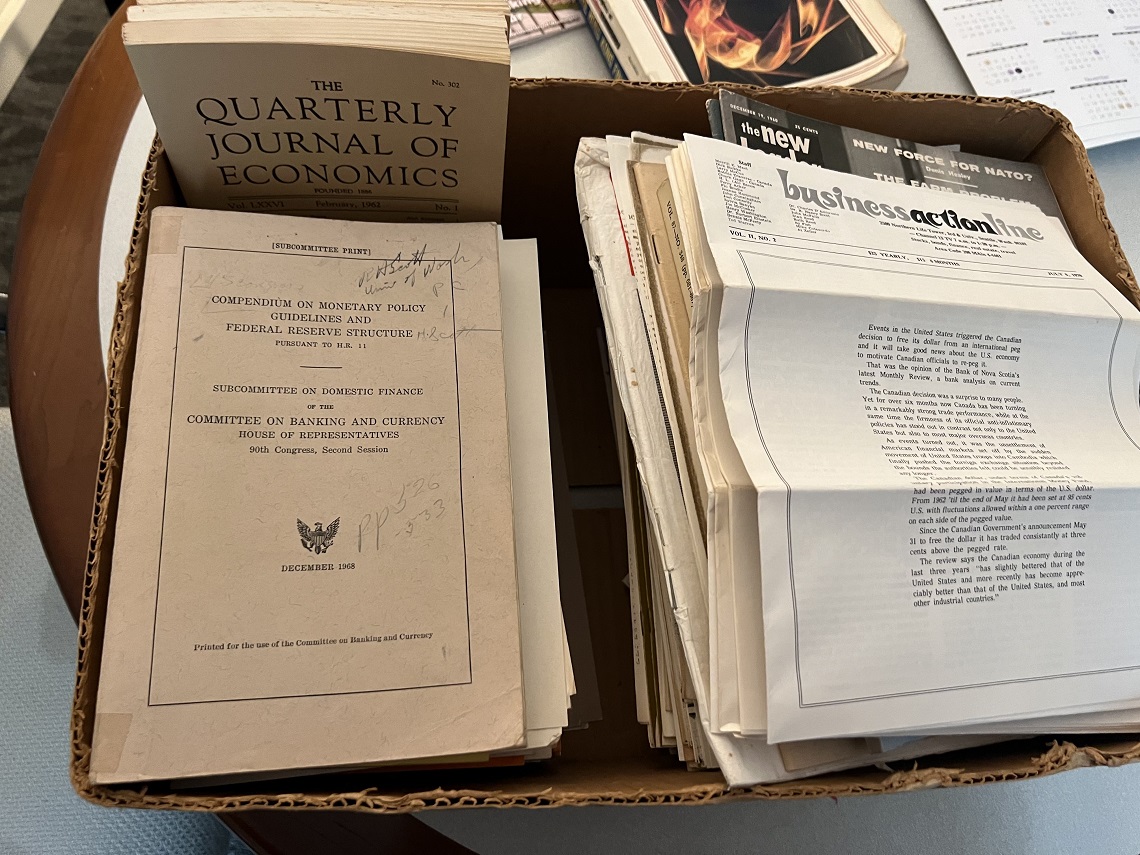
Eclectic scholar
During a career that spanned seven decades, Scott’s research and writing were prolific—and majestically eclectic, stretching across the vast expanse of finance and economics.
Among the exhaustive topics of his expertise or expert opinion: personal saving, residential finance, the steel industry, public utilities, bank charters, stock markets, strategic investments, bank leasing, economic loss, managerial pay, agricultural economics, debt management, monetary policy, foreign direct investment, interest rates, forest management, public lands preservation, food stamps… And on and on and on.
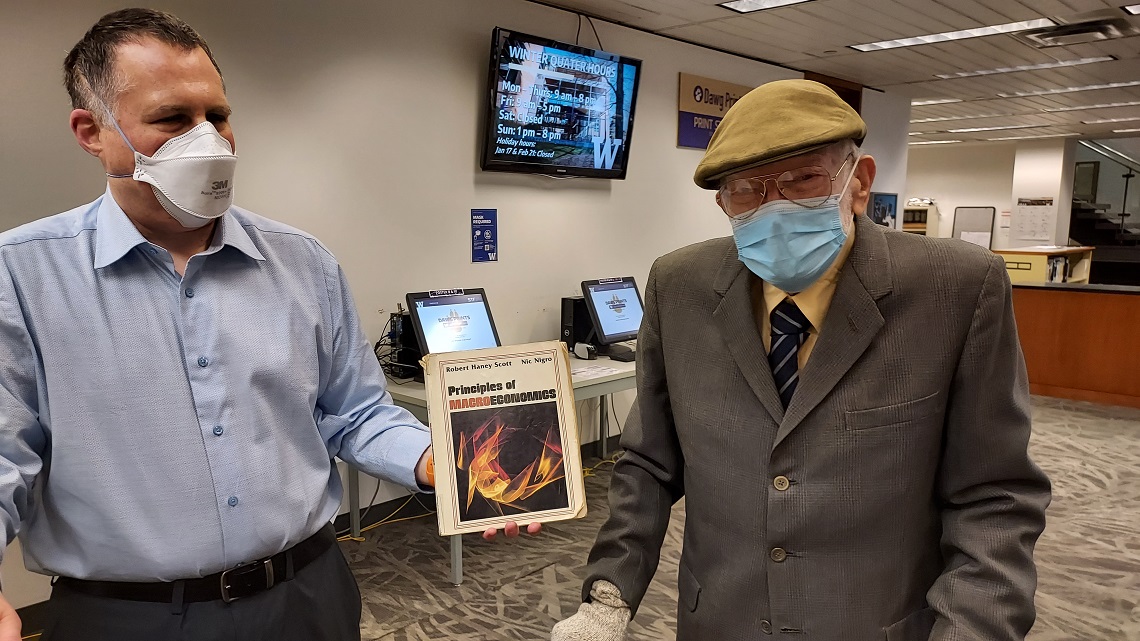
Scott published more than 50 academic papers, untold op/eds and 15 books (many in multiple editions), some in collaboration with Foster faculty colleague William Pigott. His titles include The Pricing System, Financial Markets and the Economy, International Finance Management, Principles of Microeconomics, Principles of Macroeconomics, Problems in National Income Analysis and Forecasting, The Hong Kong Financial System, and Money, Financial Markets and the Economy.
Boxes of memories
Today, Haney Scott lives with his daughter, Ann Scott Tyson, and her husband, Jim Gant, in the same off-campus house in which Haney and Joy raised their four children—and hosted so many electric colloquies during his days at Foster.
Being the child of a globetrotting academic must have rubbed off on Ann, who became an acclaimed international journalist, currently serving as the Beijing bureau chief for the Christian Science Monitor.
Lately, her work has included some personal research on her own father’s history. In preparing his archived papers, publications and documents for Foster, she discovered a trove of fascinating ephemera amid the serious academic works. It included Haney Scott’s correspondences with prominent contemporaries like Milton Friedman, Walter Oi and James Schlesinger. And congratulatory notes on his Fulbright awards from Senator Henry “Scoop” Jackson.
There also was some humor among the historic. A 1964 clip from the UW Daily, for instance, celebrates the unsanctioned efforts of Scott and colleague/co-conspirator Loyd Health to clear George Tsutakawa’s “Fountain of Reflection,” the showpiece of Mackenzie Hall’s courtyard, whenever its drain became clogged by leaves from the nearby stand of bamboo. “We decided to do our civic duty,” said Scott of their vigilante plumbing missions. “We are seriously considering Drumheller Fountain as our next project…”
Gifting a life’s work
For Ann, each discovery in the basement archives added to a personal reverie. They transported her back in time to the pulsating dinner debates, family picnics in Sylvan Grove beneath the UW columns, races with her siblings on wheeled desk chairs down the long Mackenzie hallways outside her father’s office. She marveled at the logistics involved in uprooting a family of six to live temporarily in Ireland or Greece many decades before the internet’s conveniences.
“These were wonderful, rich times that we remember as a family,” she says.
And so, Ann Scott Tyson was more than pleased to accompany Robert Haney Scott when they delivered the product of his long career into the care of the Foster Library team.
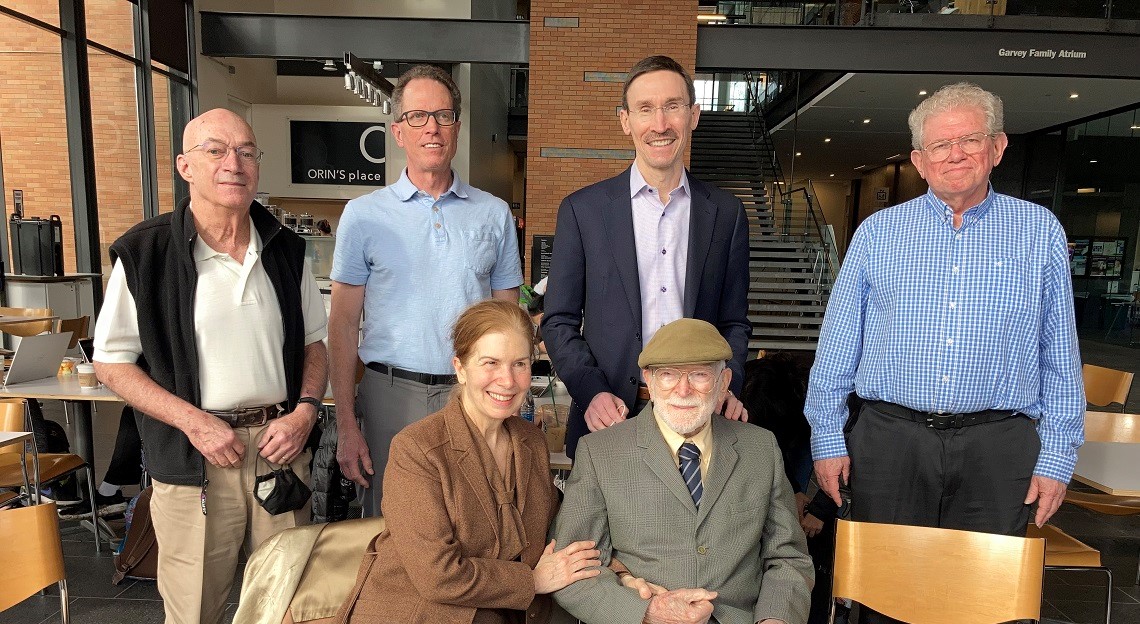
Back at the Foster School for the first time in ages, both she and Haney laid eyes on a campus wholly rebuilt since his day. “Balmer High” was a distant memory. Mackenzie Hall had given way to the construction of Founders Hall, poised to open this summer (with Tsutakawa’s fountain being re-installed near its entrance). They toured the Foster Library under its soaring skylight. They shared a coffee with Dean Frank Hodge and memories with Haney’s former finance colleagues in the vaulted atrium of PACCAR Hall.
“What do you think?” Ann asked her father during a respite from the hubbub.
He thought for a moment.
“I feel like I’m home.”

